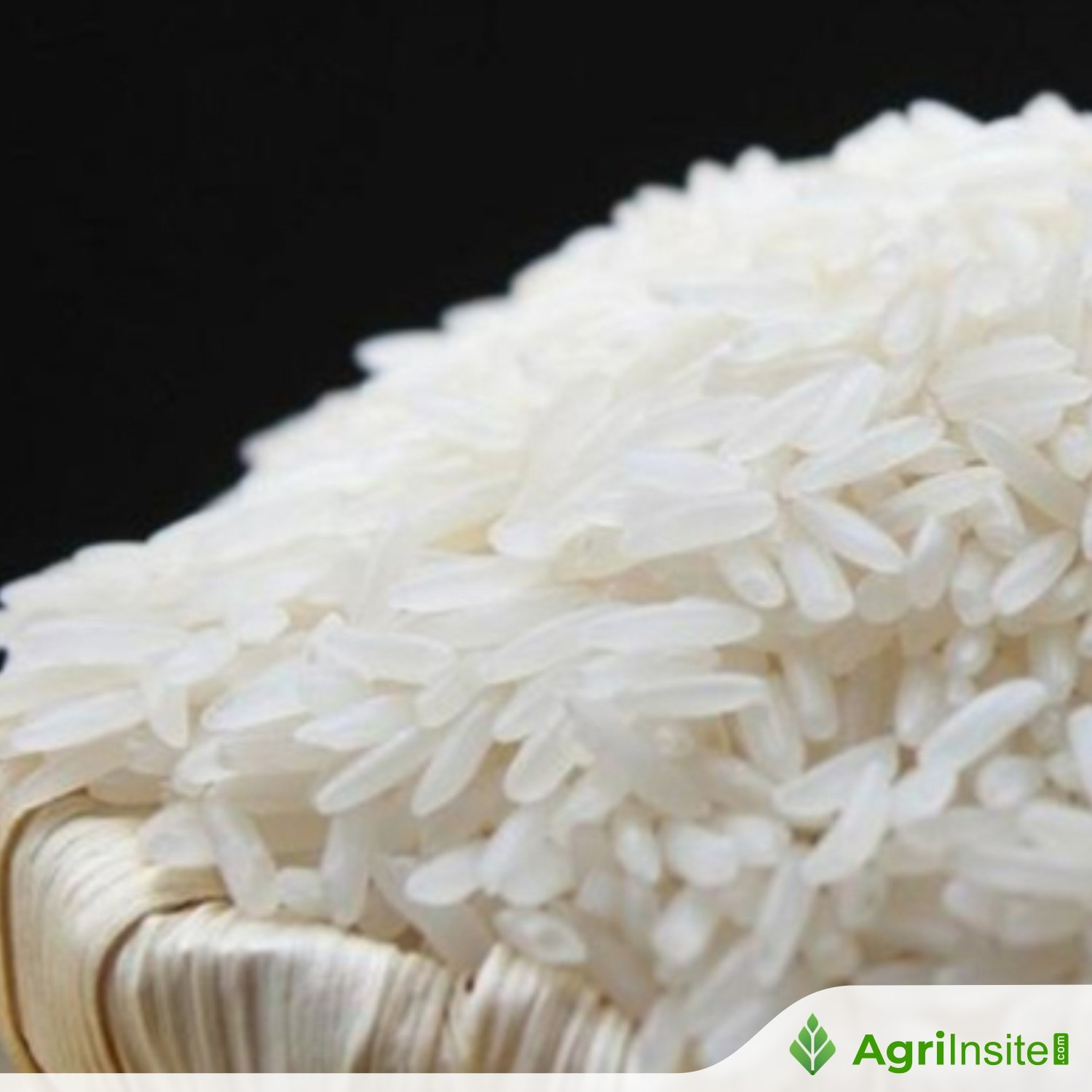Sri Lanka : Rice shortage not linked to free distribution: Wajira blames poor governance

UNP Chairman Wajira Abeywardena rejected claims that the free distribution of rice in 2024 caused the current market shortage. He explained that despite the distribution, the country had a bumper harvest of 5.8 million tonnes of paddy in 2023, which produced a rice surplus. He attributed the crisis to coordination issues and the inexperience of decision-makers, emphasizing the need for collaboration between the government and private sector.
United National Party (UNP) Chairman Wajira Abeywardena said that it is fallacy that free distribution of rice among low income families during the time of the last government led to the current shortage in market supply.
Trade Minister Wasantha Samarasinghe repeatedly said that the free distribution of rice during the time of the last government had caused shortage in supply.
In response, delivering remarks at a press conference, Mr. Abeywardena said former President Ranil Wickremesinghe gave leadership to the country when farmers were protesting over the lack of chemical fertilizer for cultivation of their lands in 2021 and 2022. Following the reintroduction of fertilizer subsidy, he said farmers resorted to cultivation in 2023 and the country received a bumper harvest of 5.8 million tonnes of paddy. “Once milled, it can produce 2. 4 tonnes of rice. It was a surplus after many years,” he said.
He said Mr. Wickremesinghe took steps for free distribution of rice in 2024 among low income families affected by the economic crisis, and Rs.10 billion was spent on it.
“Rice was distributed among 2.85 million families. For that, the then government had purchased 61,600 tonnes from farmers. That was to produce 40,000 tonnes of rice. Whether rice is given free or purchased, people have consumption limits naturally. Therefore, it is a fallacy that free distribution of rice resulted in the shortage. Today, people buy rice at higher prices in the market for consumption,” he said.
He said the rice crisis should be addressed in coordination among the government, the private sector, the Agriculture Ministry and the Trade Ministry.
“The lack of experience among decision makers resulted in this crisis,” he said.
To read more about Rice News continue reading Agriinsite.com
Source : DailyMirror














